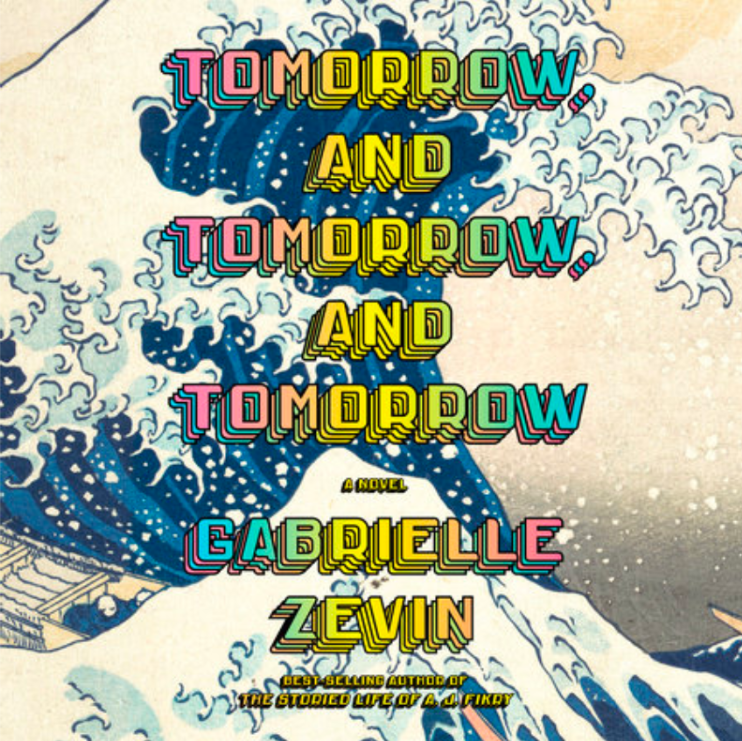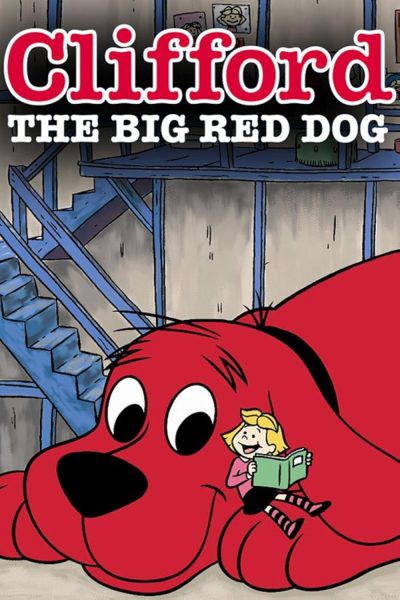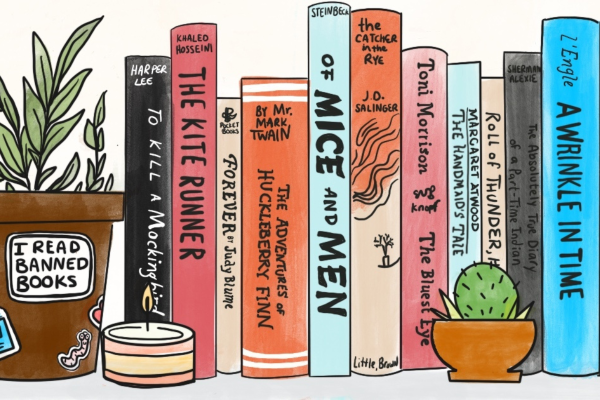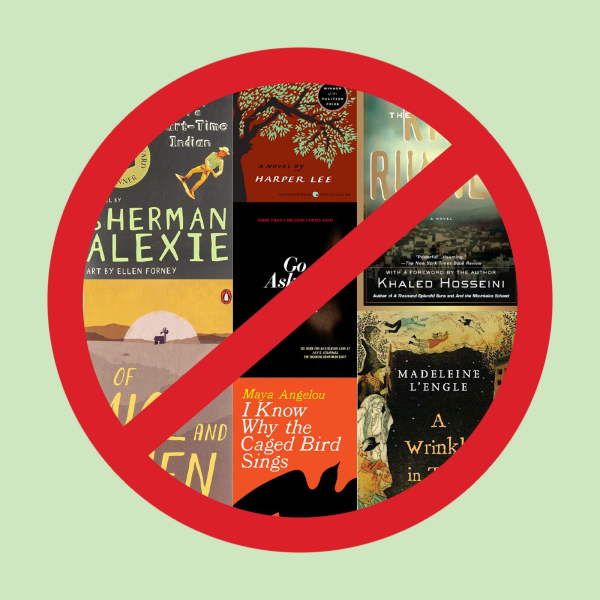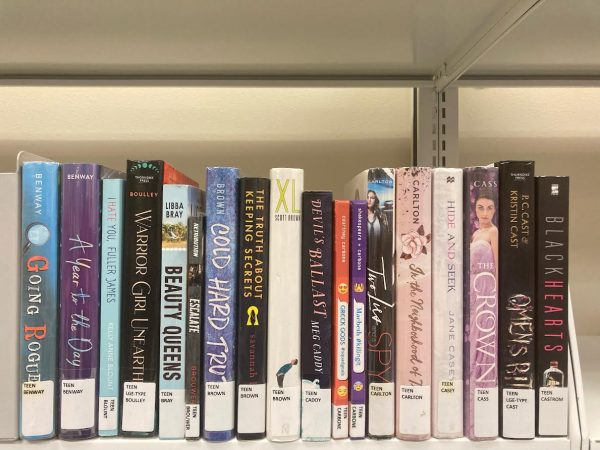Book Review: Tomorrow and Tomorrow and Tomorrow
“Life is very long. Unless it is not”
Tomorrow and Tomorrow and Tomorrow by Gabrielle Zevin follows gamers-turned-game designers Sam and Sadie over the course of multiple decades. From the game room of a children’s hospital in Los Angeles, to bitter New England winters at Harvard and MIT, and back to LA to run their successful game company, Sam and Sadie’s friendship endures success, failure, and tragedy, transforming in the process.
This is a story about the ephemeral nature of relationships, about wishing you could just hit “replay” and make a different decision. At some points, you may find yourself yelling at the page “just apologize already you only have a few chapters left!” I can only assume this was Zevin’s intention. That grief and frustration over not being able to go back in time, knowing that our lives aren’t infinite, is part of the central conflict, and it’s communicated beautifully.
The way Zevin structures the story also carries a message with it. Sam and Sadie’s success isn’t used as a plot device to build suspense, it is confirmed very early on, with a flashforward to an interview with Sam after the game has become a hit. These flashforwards are included throughout the story, warping time and offering a unique perspective on the events taking place. The compelling part of the narrative isn’t whether or not the team will succeed but where that success will lead them. Zevin’s willingness to lean into her characters’ moral grayness is also admirable. I believe one of the biggest goals of writing is to humanize; humans wouldn’t be humans without their questionable decisions and myriad of mistakes. Its leaps and bounds are more interesting (and—admittedly—more relatable) to read about someone screwing everything up and then trying to put the pieces back together, than someone who makes every right move from the start.
The author’s knowledge of video game history and terminology was impressive. Although, she could have been making every term up and I wouldn’t know the difference. Lucky for me, you don’t have to know anything about gaming to understand and empathize with Sam and Sadie’s artistic struggles. Every piece of commentary on the process of making video games can be applied to all art forms.
The sparse criticism I have encountered about Tomorrow and Tomorrow and Tomorrow usually has to do with writing style or structure. Some readers found the book to be a drag and struggled to reach the end. Others criticized the style and word choice as pretentious or verbose. I’ll be the first to admit that I encountered a lot of vocab that I wasn’t familiar with, but personally that’s one of my favorite parts of reading. It’s also true that Zevin makes some bold choices style-wise, and I can understand how it might not land with some readers. During a particularly tense moment, she switches from third person to second person for an entire chapter — a really tricky point of view to write in. The switch tripped me up at first and I was initially a little bothered. By the end of the chapter, though, the change in POV seemed justified and it ultimately worked for me.
This story asks captivating questions about how we choose to spend our limited time, and who we spend it with. The book is named for the famous line from MacBeth, “Tomorrow and Tomorrow and Tomorrow creeps in this petty pace from day to day…”, a soliloquy that the title character gives after the death of his wife, confronted by his misdeeds and contemplating the fragility and futility of life. In Zevin’s book, Marx, the company’s producer (and resident theater kid) uses Shakespeare’s words to describe the nature of video games. Why are they so enthralling? They give the player the ability to transcend that most simple fact of life: there is no replay.
I recommend you read Gabrielle Zevin’s Tomorrow and Tomorrow and Tomorrow, available now in the BHS Library!
______________________________________________________________________________
Book Content Warnings: Gun Violence


